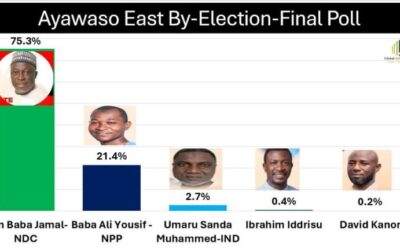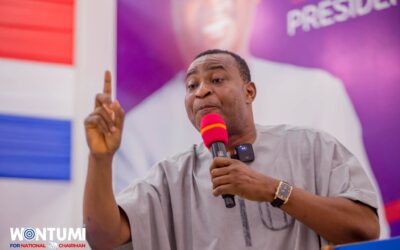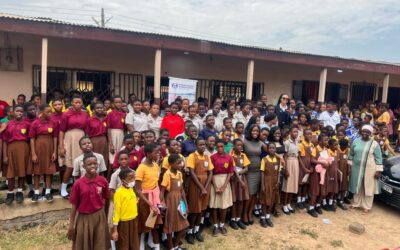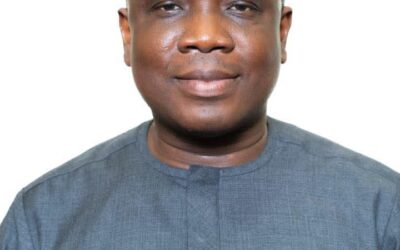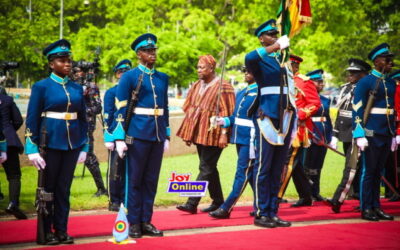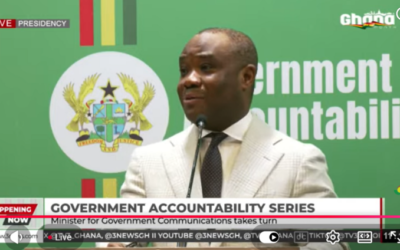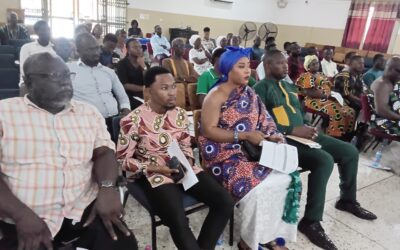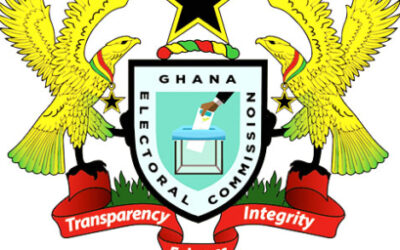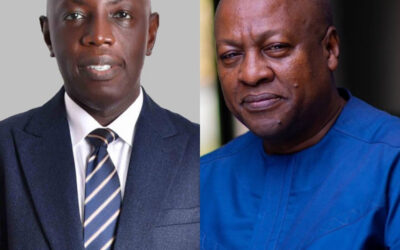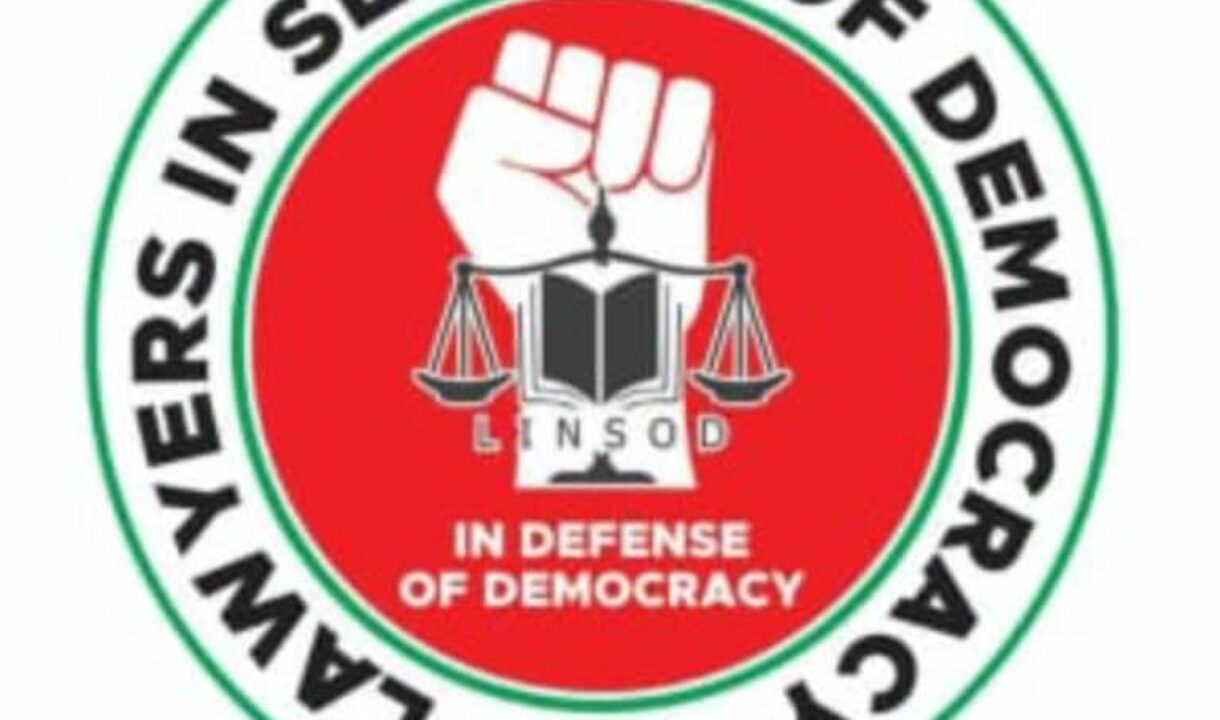Introduction and Conduct of Smaller Political Parties:
Today, we were delighted to watch, live, the proceedings of the Electoral Commission’s meeting with representatives of the various political parties contesting in the December 7th general elections, and other stakeholders including some members of the Diplomatic Corps and Civil Society Organizations (CSOs). Sadly, however, the majority of the political parties that were represented included parties which do not have any representation in Ghana’s Parliament at all.
Many of them do not have offices outside of Accra, and some do not even have offices in Accra. Interestingly, almost all the representatives of these smaller parties did not seem to understand the purpose of the meeting, and unsurprisingly, they were only interested in applauding the Electoral Commission for nothing really remarkable.


Indeed, all of these smaller parties do not expect to make any significant impact in the elections as has always been the case. They know they do not have any chance of winning the elections, so they obviously seem not bothered about the credibility or otherwise of the Voters Register.
The casual comments and logically wobbling analysis made by some of them at the meeting suggested that they might have been either influenced or manipulated by the ruling NPP to do its bidding at the IPAC, or they generally do not have a proper appreciation of the far-reaching effects the errors detected in the Register may have on the outcome of the general elections.
In fact, it does not appear that most of these parties are qualified to be on the ballot in the first place, and accordingly, they see their inclusion on the ballot as a favour from the Electoral Commission and the NPP government, for which reason they seem obviously, eternally grateful to the Commission and the ruling NPP.
Mr. Alan John Kwadwo Kyerematen Stands Out:

The only candidate besides those of the two major political parties, who expects a realistic chance to make a credible impact or showing in the elections is Mr. Alan Kojo Kyeremanten, and it makes a lot of sense that his Movement for Change has agreed to a comprehensive audit of the Voters Register, and they presented a petition to the Electoral Commission to that effect a few days ago. The rest of them do not seem very serious in the contest.
Commendation of the Electoral Commission:
That said, we wish to congratulate the Electoral Commission for finally agreeing to NDC’s request to televise the meeting for the benefit of the general public in whose interest the office of the EC was established in the first place. We recall that the same request was made by the NDC for the last IPAC meeting before today’s. However, the Commission refused the request and rather called a press conference later to brief the electorate about the issues the NDC had complained about. By allowing the live telecast of the meeting today, the Electoral Commission has advanced its motto of “transparency” a step better than previously, and all Ghanaians must be happy with this stride.
NDC’S Modified Position:
LINSOD also welcomes the NDC’s modified position, which was made public after a late-evening meeting by the Functional Executive Committee (FEC) of the party following the IPAC engagement earlier in the day. In their press release, the NDC says it has accepted the Electoral Commission’s promise to release the corrected and updated version of the Provisional Voters Register to the party within one week for scrutiny.
The party also welcomes the Commission’s decision to re-exhibit the register online, but pleads with the Commission to also re-exhibit the register offline to give an opportunity to the majority of the Ghanaian electorate, who live in rural communities and do not possess the ability to check their information online.
More importantly, the NDC demands a “multi-stakeholder” and inter-party examination of the IT system of the Electoral Commission with the aim of addressing the vulnerabilities of the system, which the Commission has admitted exist, and which had allowed for the several anomalies to be perpetrated in the Provisional Voters Register by unknown persons.
The NDC’s well-placed fear is that if the Commission’s IT system is not checked and the vulnerabilities remain, it may be useless to correct the anomalies since, those behind the criminal errors may again exploit the vulnerabilities to make the final register unfit once again before the general elections in December.






